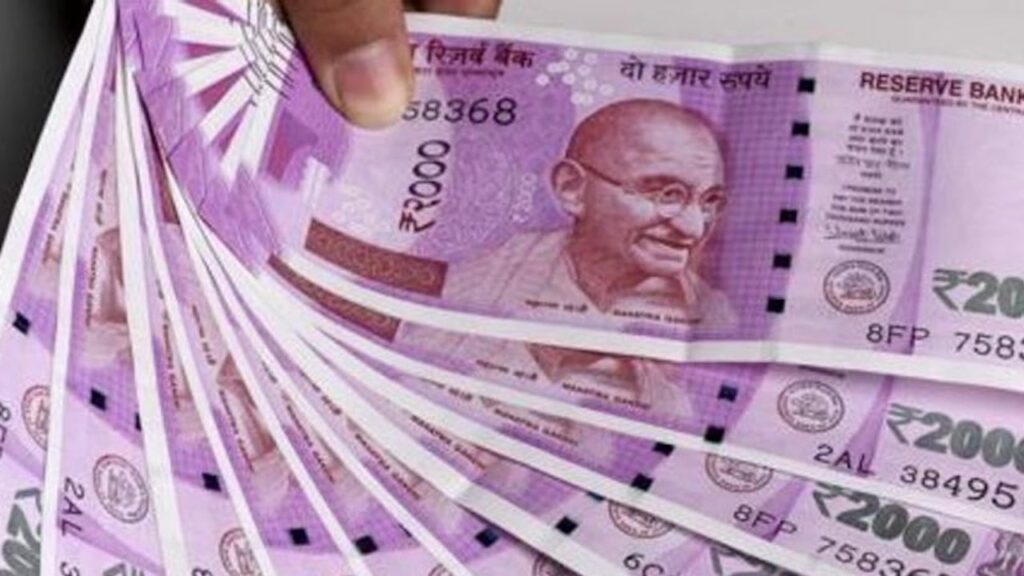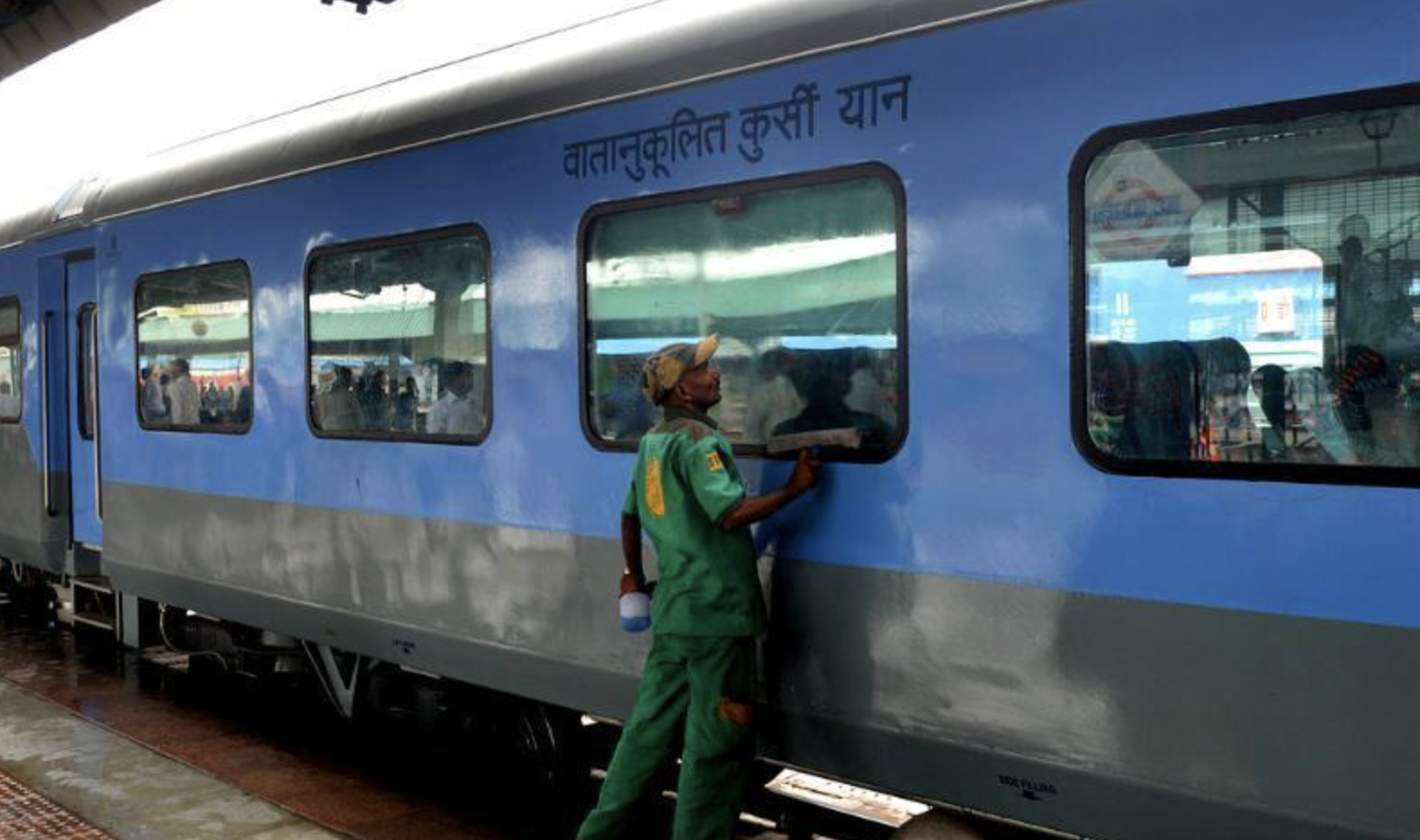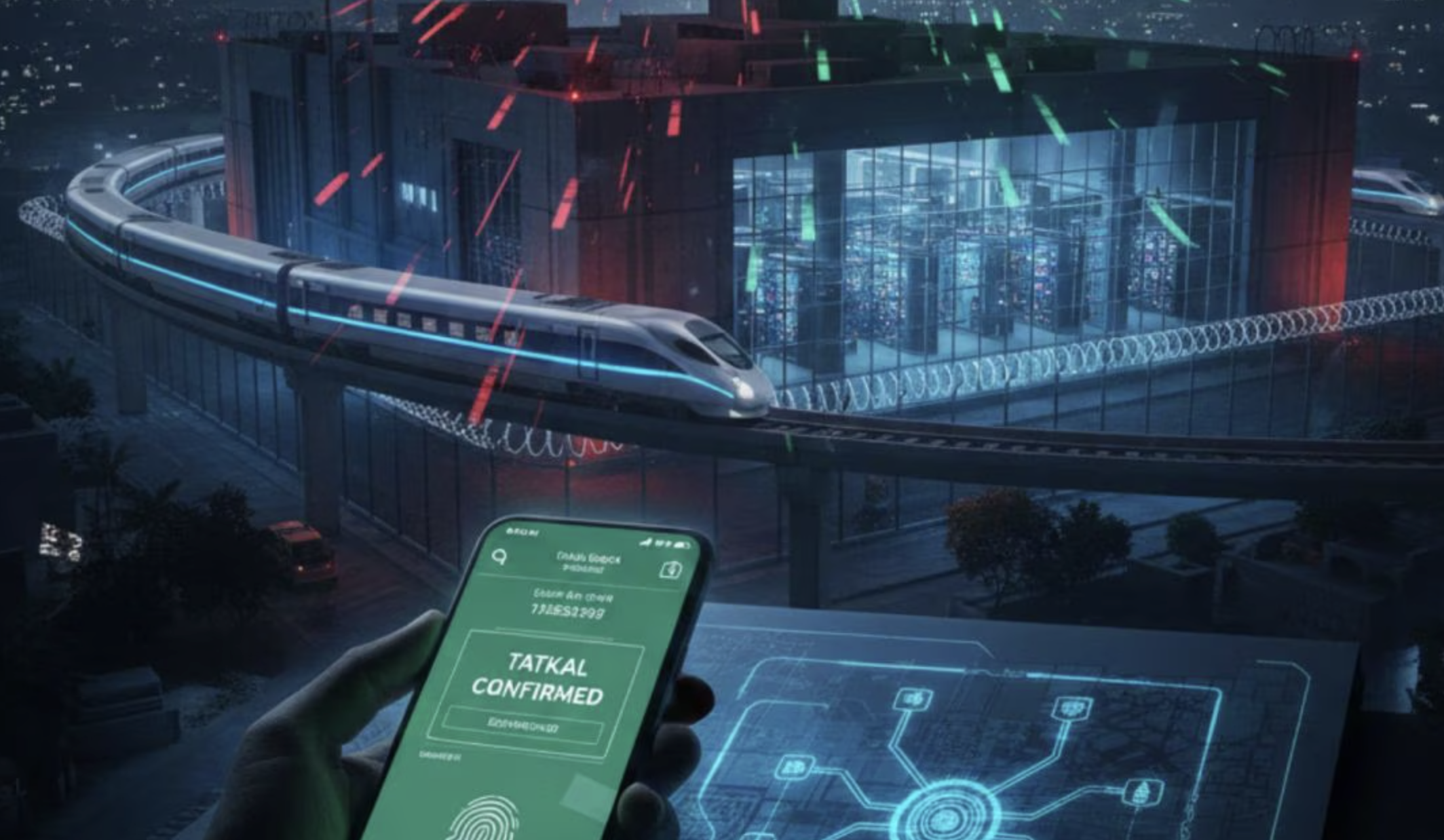SBI has informed all its branches that no form or identity proof would be needed to exchange Rs 2,000 currency notes while the one-time limit of Rs 20,000 for depositing or exchanging the banknote is still in place.

One-time limit
To ensure operational convenience and to avoid disruption of regular activities, the exchange of Rs 2,000 notes would be limited to Rs 20,000 at a time at any bank branch and some designated RBI offices.
The Reserve Bank of India on May 19 said it was withdrawing the Rs 2,000 note from circulation and gave citizens time till September 30 to exchange or deposit the currency notes.
No identity proof needed
In a press release on May 20 SBI said, “The facility of exchange of Rs 2,000 notes to all members of the public up to a limit of Rs 20,000 at a time will be allowed without obtaining any requisition slip.”
No identity proof is required to be submitted by the tenderer at the time of exchange.
It had to issue the clarification after a so-called “form”, which would have to be filled to deposit or exchange the Rs 2,000 note spread on social media.
The “form” also asked for an identity proof.
Why the decision?
The RBI said that the withdrawal of the country’s highest denomination notes was ordered since the objective of introducing the Rs 2,000 note had been met.
The central bank said Rs 2,000 notes will continue to be a legal tender but it encouraged people to exchange/deposit them by September 2023.
No daily limit
The process of depositing or exchanging the note will start on May 23.
There will be no daily limit on the number of times to exchange notes.
Individuals will have the option to exchange Rs 2,000 notes for other denominations up to a limit of Rs 20,000 at a time at any bank from Tuesday.
People can exchange Rs 2000 notes for smaller denominations more than once a day at any bank branch or designated RBI office before September 30.
However, repeat exchange will depend on the number of bank executives and rush at a particular branch.
Those not having bank account
Those who don’t have a bank account can also go to any bank to exchange Rs 2,000 notes for smaller denominations.
For the transactions, the government hasn’t set any limit on deposits.
The customer has to follow only the KYC norms.












